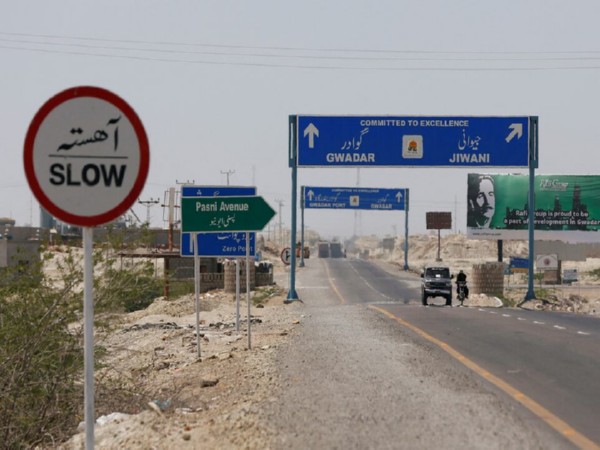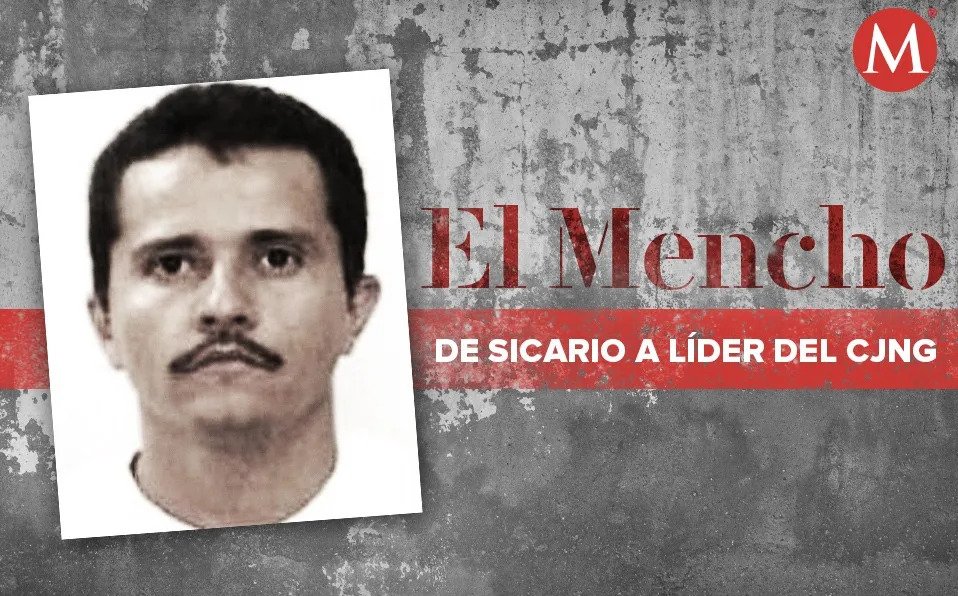12-MAY-2025,07:10 PM The troubled province of Balochistan continues to face a disturbing rise in violence and lawlessness as three bodies were recovered from different parts of the region on Monday. The discovery has sent waves of concern across human rights circles, with fresh debates igniting around state response, militant activity, and civilian safety.
As the largest province in Pakistan by area, Balochistan has long been plagued by insurgency, enforced disappearances, targeted killings, and a deteriorating security landscape. This latest incident adds to a growing list of unresolved cases, deepening the sense of fear and injustice among its residents.
Balochistan: A Region Reeling Under Fear and Unrest
Balochistan: Latest Incident Underscores Continued Instability
The recovery of the three corpses in Balochistan serves as yet another grim reminder of the region’s persistent instability. According to local authorities, the bodies were found in separate districts—Kech, Khuzdar, and Panjgur—all known flashpoints in the region’s prolonged conflict.
While the identities of the deceased have not yet been formally released, initial reports suggest signs of torture. Local media has reported that two of the victims may have been forcibly disappeared months earlier, a common allegation in the province that human rights groups have flagged repeatedly.
Longstanding Crisis in Balochistan
Insurgency, Militarization, and Human Rights Concerns
The province of Balochistan has been a site of conflict for decades. Armed Baloch nationalist groups have waged low-intensity insurgencies, demanding autonomy and greater control over the region’s rich natural resources. The Pakistani state has responded with heavy militarization and widespread intelligence operations—often accused of resulting in human rights abuses.
Enforced disappearances, extra-judicial killings, and lack of accountability have turned Balochistan into a humanitarian concern. The recent discovery of bodies reinforces claims made by activists and families of missing persons, who have long accused the authorities of running secret operations against dissenters.
Victims’ Families Seek Answers
Pain and Protest in the Wake of Silence
As news of the corpses spread, families of missing persons staged small protests in Kech and Khuzdar, demanding identification of the bodies and independent investigations. The Voice for Baloch Missing Persons (VBMP), an advocacy group, condemned the killings and urged authorities to halt what it called the “murderous silence” around disappearances in Balochistan.
Many families claim they have been left in the dark for months, with no communication from the police or intelligence agencies about the whereabouts of their loved ones. The discovery of these bodies has only added to their anguish, renewing public pressure for action and transparency.
Government Response and Official Statements
Authorities Vow to Investigate, But Trust is Scarce
Balochistan’s Home Minister Sarfraz Bugti acknowledged the recovery of the bodies and assured a full-scale investigation. “No stone will be left unturned in identifying those behind these heinous acts,” he stated during a press briefing in Quetta.
However, activists and local journalists remain skeptical. Similar statements have been made in the past, but few meaningful prosecutions have taken place. In fact, many allege that state complicity in such actions makes neutral investigations unlikely in Balochistan.
Balochistan’s Complex Web of Conflict
Tribal Tensions, Militancy, and Strategic Interests
The violence in Balochistan is not monolithic. The region is entangled in a web of conflicts involving tribal feuds, Islamist extremist groups, separatist movements, and cross-border dynamics with neighboring Iran and Afghanistan.
In recent years, attacks have targeted not just state infrastructure and military personnel but also civilian workers, teachers, and construction crews involved in China-Pakistan Economic Corridor (CPEC) projects. Many locals view these projects as exploitative, exacerbating the grievances already boiling under the surface.
Calls for International Attention and Accountability
Global Human Rights Groups Weigh In
International human rights watchdogs, including Amnesty International and Human Rights Watch, have repeatedly criticized Pakistan’s handling of the Balochistan crisis. They have called for independent investigations into disappearances and extrajudicial killings, and for the government to allow human rights observers access to the region.
In the wake of the current incident, several global advocacy organizations issued renewed calls urging the Pakistani government to uphold the rule of law and ensure accountability for crimes committed in Balochistan.
The Role of Media and Information Control
Reporting Challenges in Balochistan
Journalists working in Balochistan face immense challenges. With restricted access, surveillance, and threats to their safety, accurate and independent reporting is difficult. This makes incidents like the recent body discoveries hard to verify and even harder to investigate in detail.
Social media has become a key platform for voices from the ground, but even these channels face censorship. The lack of a free press exacerbates the human rights situation, as abuses go unreported and victims’ stories are lost in silence.
Rebuilding Peace in Balochistan: Is There a Way Forward?
Dialogue, Development, and Dignity Needed
Experts argue that the way forward for Balochistan must include more than just security operations. Sustainable peace requires political dialogue, economic empowerment, and the protection of human rights. Central to this is the need to listen to the people of Balochistan, many of whom feel alienated from the national narrative.
Programs for youth employment, tribal reconciliation, and decentralization of power may help begin the healing process. But without addressing the issues of enforced disappearances and unlawful killings, reconciliation remains a distant dream.
Conclusion: Balochistan’s Crisis Continues
The discovery of three corpses in different districts of Balochistan is not an isolated incident—it is part of a painful continuum of violence, fear, and injustice. As the world watches and families mourn, the call for justice grows louder.
For Balochistan to heal, its people must be heard. The rule of law must replace the rule of fear, and accountability must replace impunity. Only then can the province begin to move from a place of mourning to a future of peace.
Source : ANI





